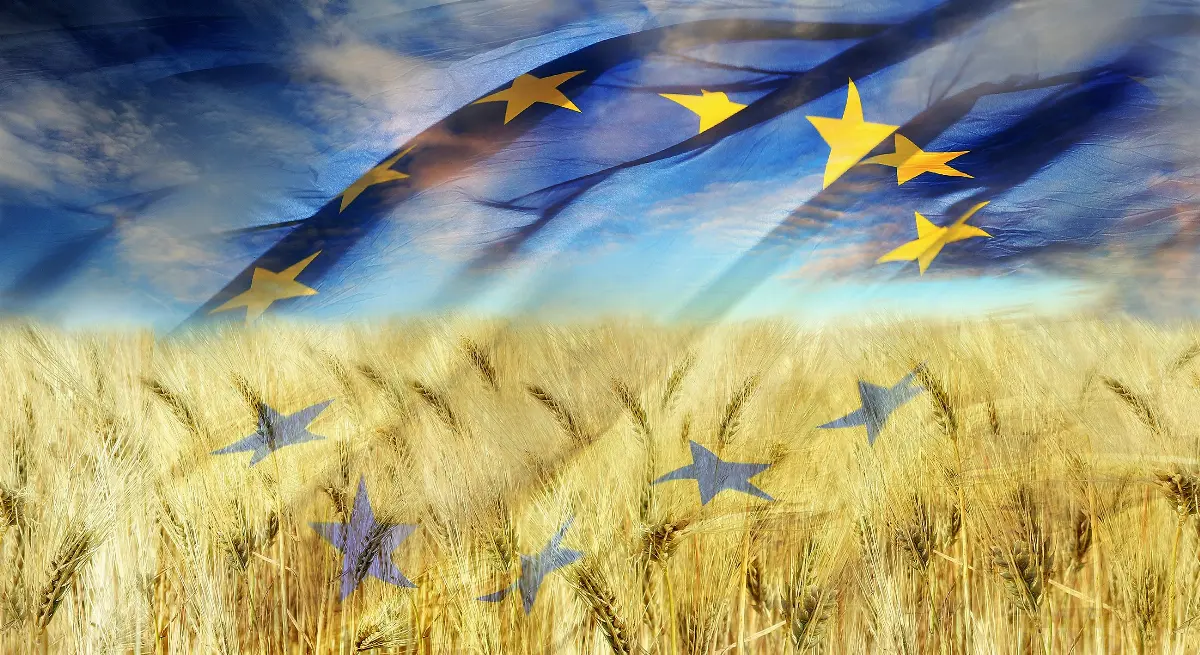
Do you want to access to this and other private contents?
Log in if you are a subscriber or click here to request service
EU agri-food: 6.9 billion euro surplus in November 2023
Exports expanding to the UK, declining to the USA and China. Brazil maintains import primacy

The European Union's agri-food trade surplus continues to grow. In October 2023, it reached 6.9 billion euros, up (+3%) compared to the previous month and November 2022 (+27%). From January to November 2023, the cumulative trade balance reached €64.8 billion (€12 billion more than in the same period in 2022). These are the numbers that emerge from the latest monthly report on agri-food trade published by...
lml - 38627
EFA News - European Food Agency
EFA News - European Food Agency